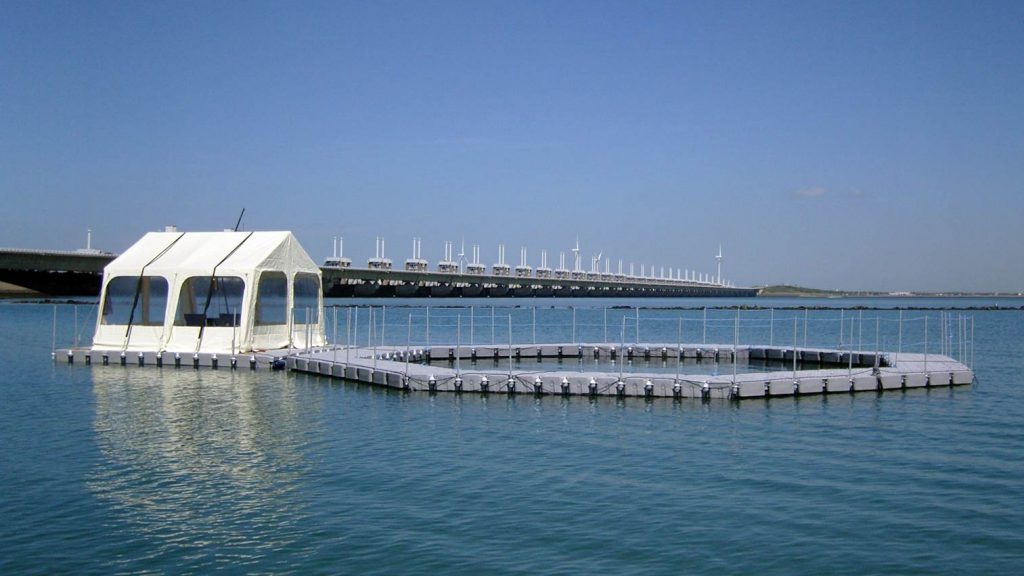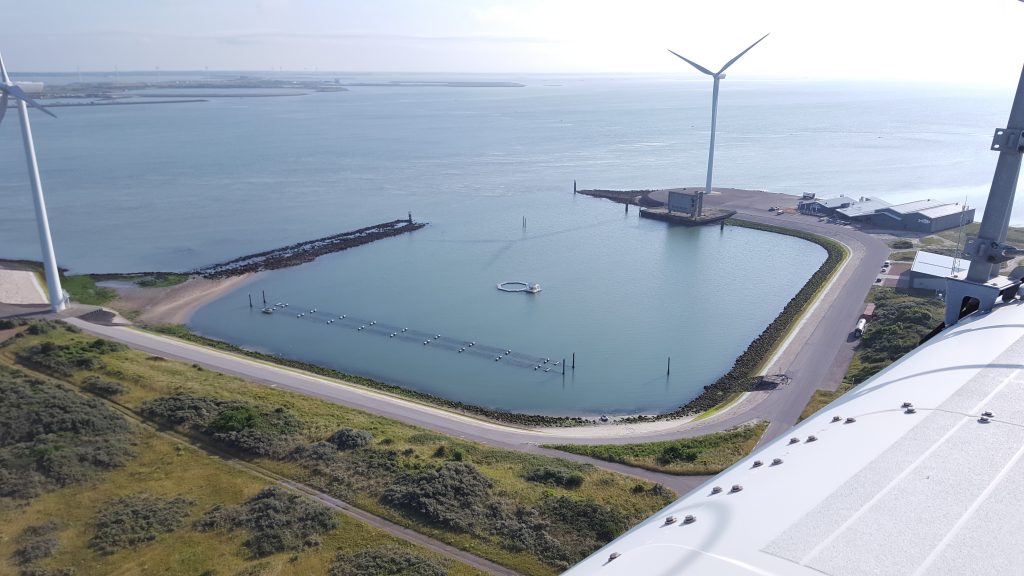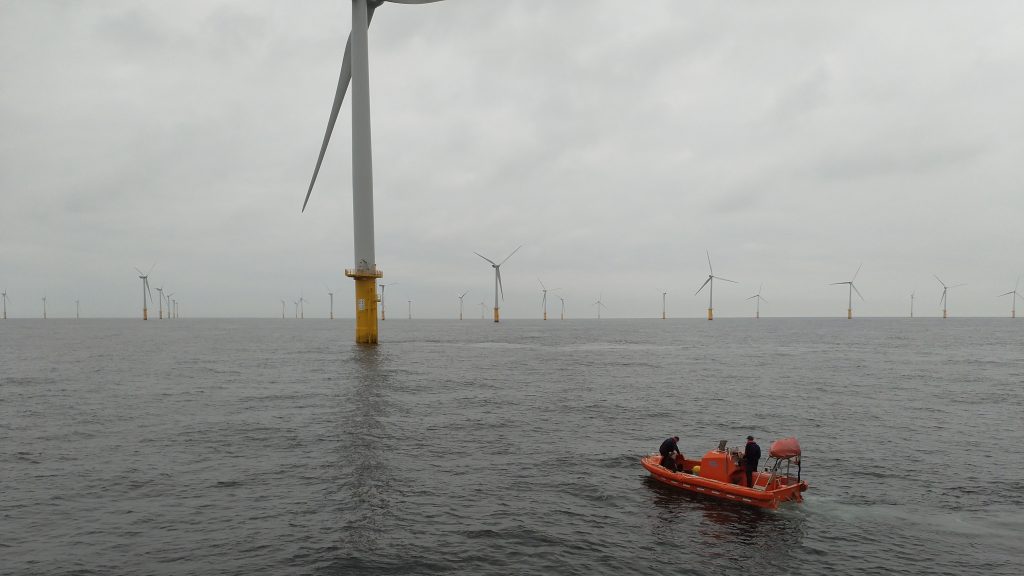I am interested in the effects of anthropogenic sound on the behaviour of fish and other aquatic animals. The aquatic environment is filled with sounds originating from natural sources. Water is an efficient medium for the propagation of sound, but not so much for light and chemical compounds (for sight and smell). Since most – if not all – fish can hear and many produce sounds themselves, it is not surprising that fish rely on sounds for activities that are relevant for survival and reproduction. However, in the last decades, the amount of anthropogenic sounds increased. Examples of anthropogenic sounds sources are shipping, pile driving and seismic surveys. Much of the energy from sound of these sources overlaps with the hearing of fish and other aquatic animals. It may affect aquatic life by masking biological relevant sounds, and changing behaviour and physiology. I am using behavioural studies to gain insights into the effects of sound on aquatic life, but also into the mechanisms underlying such effects, and potential mitigation measures.
I am working on this project as a postdoctoral researcher at Wageningen University. Here, I am also involved in teaching courses on marine sciences and ecology and I supervise BSc and MSc interns on research projects that are related to my research. You can contact me through my profile page at Wageningen University.



